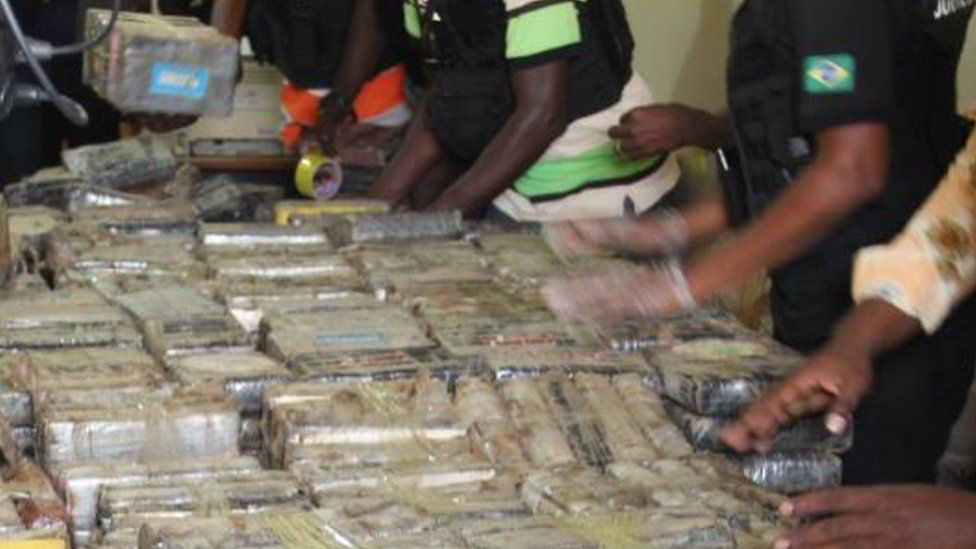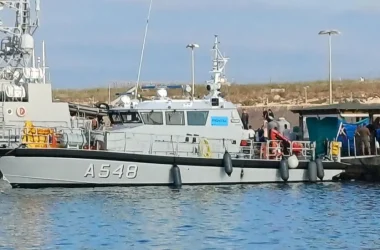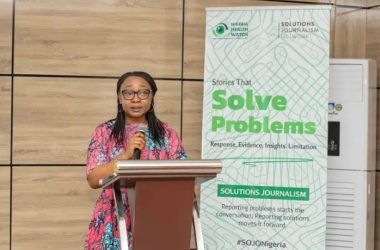
(JollofNews) – Guinea-Bissau is facing a “catastrophic” economic situation, with a gaping budget deficit, after the International Monetary Fund suspended its support over two private bank bailouts, the finance minister said on Thursday.
The IMF said on June 3 it was halting payments after the tiny nation’s government went against its advice and took on around 35 billion CFA francs ($59 million) in underperforming debt from Banco da Africa Ocidental and Banco da União.
“The economic situation of the country is catastrophic. The state has a deficit of 22.4 billion CFA francs,” Finance Minister Henrique Horta told reporters. The deficit amounts to about 3.5 percent of GDP.
While inflation remained steady at 3 percent and the state had earned 113 billion CFA francs from sales of cashews, Guinea-Bissau’s primary cash crop, he said the IMF’s suspension of support was crippling.
“If the country does not have the IMF programme, the other lenders will not have confidence in us,” he said. The IMF had planned to allocate 6.1 billion CFA francs ($10.34 million) to Guinea Bissau in 2016.

Other partners have also suspended budget support amounting to 15.2 billion CFA, according to the IMF. Donor financing typically makes up about 80 percent of Guinea-Bissau’s budget.
The IMF claims the bailouts, whose value amounted to around 5.5 percent of GDP, benefited the country’s wealthiest citizens and foreign investors.
Horta, appointed to the current government in June, said they occurred under previous governments amid a general atmosphere of mismanagement.
“The courts will determine the punishment. Those responsible will be prosecuted,” he said.
Former Prime Minister Domingos Simoes Pereira, whose government approved the first of the two bailouts, has argued they were necessary to shield the private sector from bankruptcy.
Felix Fischer, who is heading a mission visiting Guinea-Bissau, repeated on Thursday the IMF’s position that a resumption of payments would depend upon a cancellation of the bailouts.
He said current Prime Minister Baciro Dja had pledged to abide by the IMF programme, which was agreed last July to help the frequently unstable state get back on its feet after 2014 polls that followed a military coup two years earlier.
The former Portuguese colony has had nine coups or attempted coups since 1980. Political turmoil has helped make it a major transit point for South American cocaine heading to Europe.
(Writing by Makini Brice; Editing by Joe Bavier and Andrew Roche)





